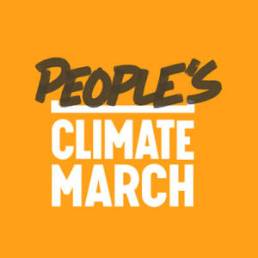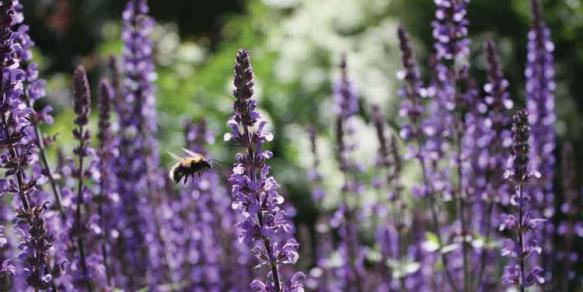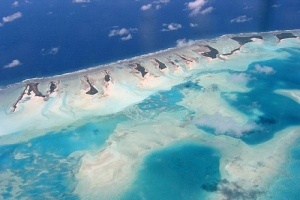The information below is taken from a letter sent to all Anglican parishes in the Diocese of New York. Written by Dr. Jeff Golliher, chair of the diocesan environmental task  force, it explains the actions taking place this coming September in New York City around a United Nations Summit and the Peoples’ march organized by Bill McKibbon and the secular group 350.org.
force, it explains the actions taking place this coming September in New York City around a United Nations Summit and the Peoples’ march organized by Bill McKibbon and the secular group 350.org.
There is so much happening that it is confusing to know who is doing what and why. Concerning the latter, the situation is urgent. Earth’s climate and energy and resource management are going in a very dangerous direction. Dr. Golliher explains the details and reasons for the various actions very clearly. This is worth a careful read.
Also please consider how you can initiate local actions where you live and send your intentions to grayintheforest@shaw.ca so we at the ACEn can track and promote your local activities. This is a time for gathering, for reclection for advocacy and for prayer.
Modified text of diocesan letter now follows:
July 5, 2014
Dear Brothers and Sisters,
If you haven’t heard already, the People’s Climate March will take place in Manhattan, Sunday afternoon, September 21. This will be a hugely important and monumental event. I’m writing to encourage you, members of your congregation, and other friends to participate and/or to be involved in whatever way is appropriate and possible – and know that I’m writing with the support and blessing of our Bishop, The Rt. Rev. Andrew Dietsche. In addition, a culminating interfaith service of worship, after the Climate March, will be held at 6:00 pm at our Cathedral of St. John the Divine.
Below are a few web links that provide all the practical information you need. Plus, you can sign up to endorse the event, even if you can’t be there.
More details are available online at http://peoplesclimate.org/march/
The Facebook page is at https://www.facebook.com/pages/People-of-Faith-the-Peoples-Climate-March/1462490230660137?ref=profile
Questions may be sent to info@peoplesclimate.org
It is worth taking a moment to underscore why the People’s Climate March is so important. Obviously, the Climate March is not really about the event. It’s about the dire, urgent situation we face as a result of the climate change/climate justice crisis. The Climate March and other related events on the weekend of Sept. 20 and 21 (organized by the World Council of Churches, Religions for Peace, Union Seminary, women’s groups, labor groups, and many others) are being held in connection with a one-day United Nations’ Summit (September 23), convened by Secretary General Ban Ki-Moon.
One purpose of the UN Summit (like the People’s March) is to bring even more attention to the work of the Intergovernmental Panel on Climate Change. The whole point, to be blunt, is that we don’t have much time to do what needs to be done in order to avert the worst of a catastrophic environmental crisis that has already begun.
This message needs to be heard especially in the United States, where political action and leadership is needed on every level of government, in our financial centers, in our places of worship, and in our places of work. But not only in the United States: the Anglican Alliance has launched an Anglican Communion-wide campaign, called “Oceans of Justice,” to move the Australian government to put climate change on the global G20 agenda for November of this year. By going to this website — http://anglicanalliance.org/pages/8505 — and adding your name, you (and we) can show solidarity with our brothers and sisters in the Pacific too.
We also want to call your attention to the ecumenical, youth-oriented activities of the Franciscan Action Network and the Franciscan Youth Corps who are organizing events for the Climate March. Check their website periodically in the weeks ahead for updates about that:
Home
If you can be in Manhattan for the Climate March, take your parish banner (or make one). We’re already involved, but it’s also a good idea to let people know who we are.
If you can’t be in Manhattan, you can still participate in your congregation on that day (Sunday, September 21) through reflection, discussion, and prayer. After all, prayer is a powerful form of action too. As our Anglican brother, Archbishop Winston of Tuvalu in the Pacific says, “We need to pray. We need to say very, very clearly to the church that we need to pray because this is something way beyond us. We need to pray that we will be empowered to speak clearly to our elected agents in government who make decisions about climate change.”
End of modified text.





 ning June 22, 2014. Commenting on Matthew 10: 24-39 he said:
ning June 22, 2014. Commenting on Matthew 10: 24-39 he said: